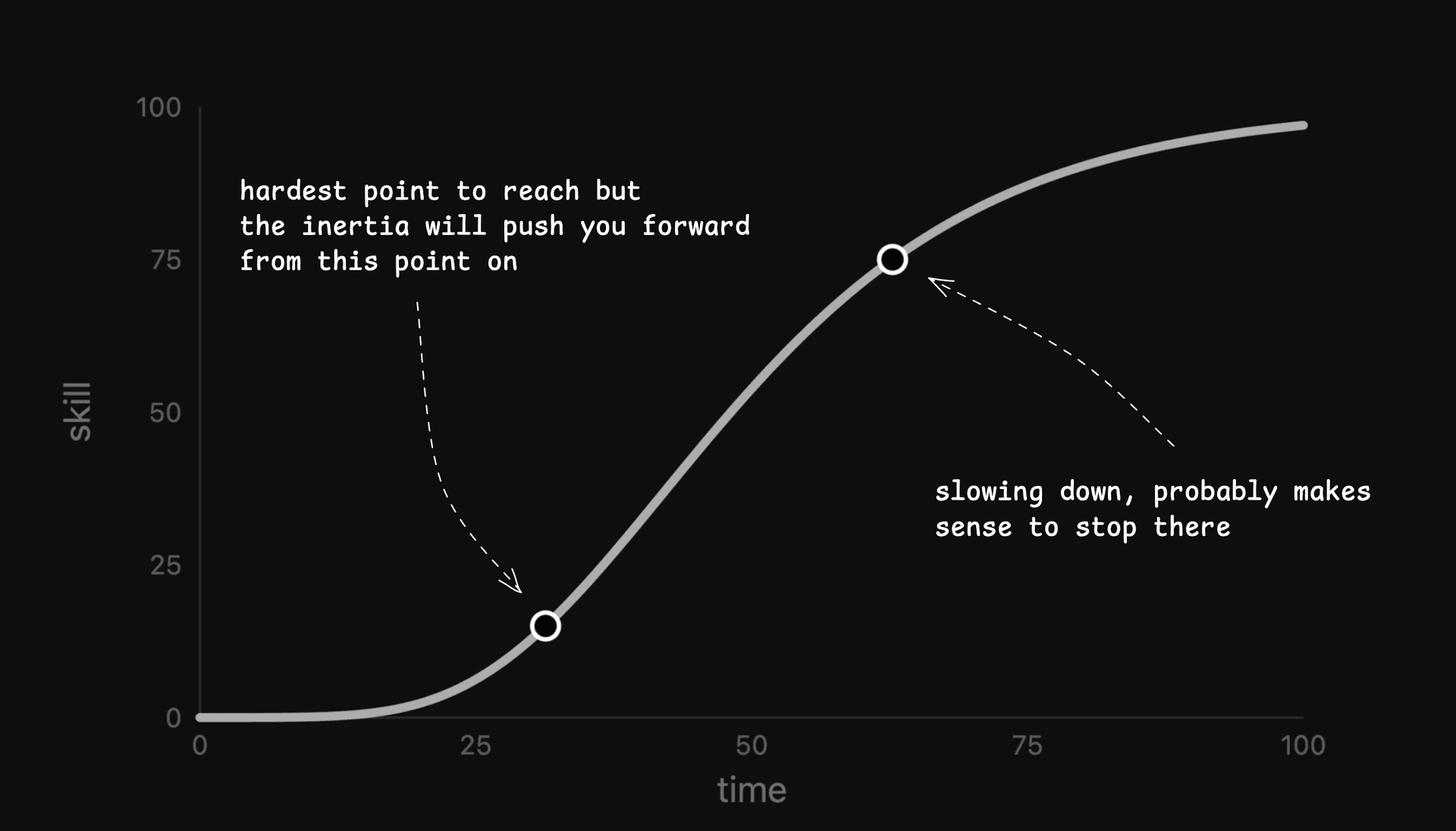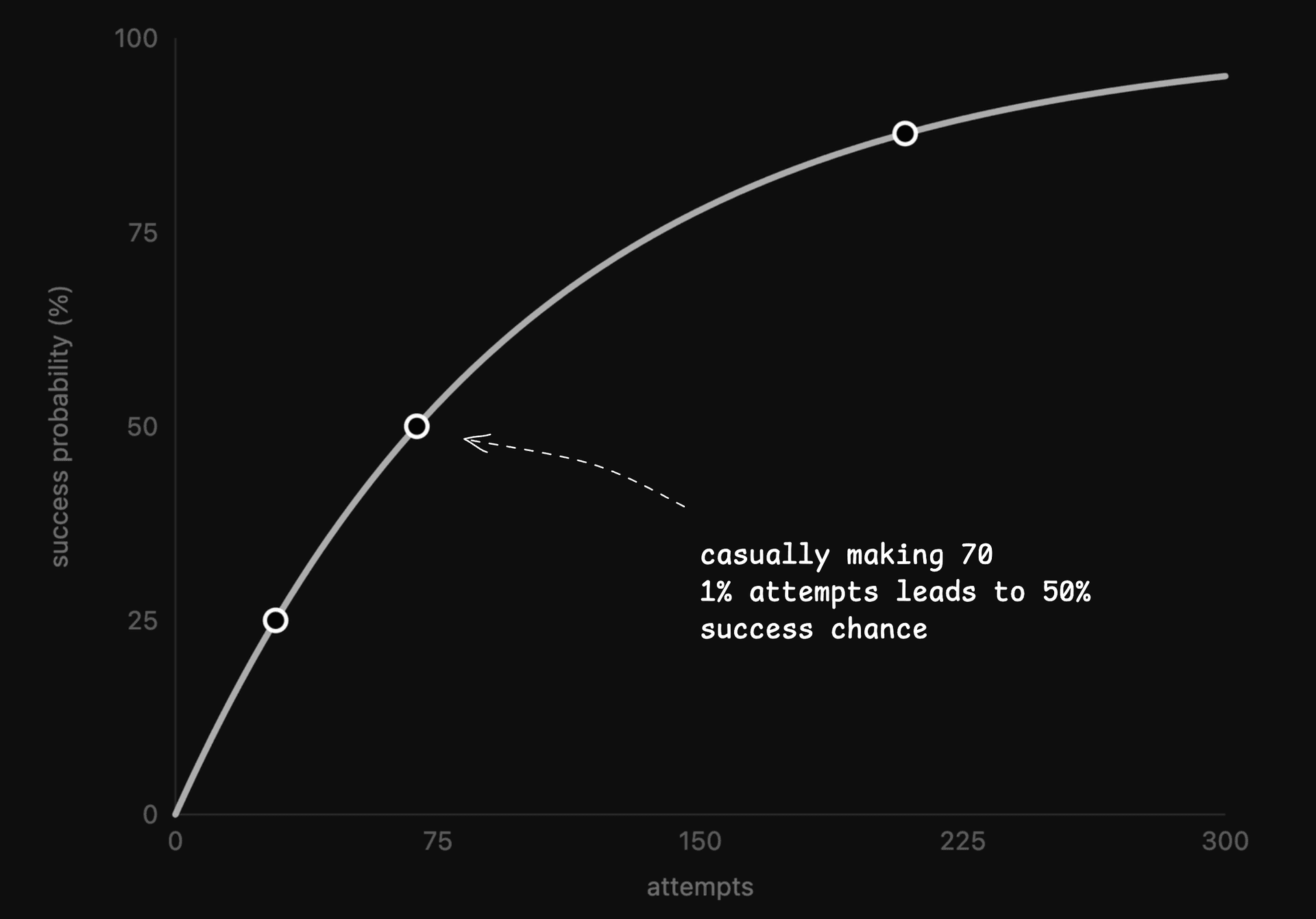lessons from building plump
september 24, 2025
Life update: Plump and I are joining The Network to solve the problem of connection (that overflows to job searching) and build the best semantic human search. This post is not about transition but the experience gained along the way

Plump hasn't been a massive success nor made me incredibly wealthy, but it taught a lot about building you never experience as an employee. The content below is about extracted conscious learnings, the most memorable ones
one-man-army mindset

That's one of the reason I think overemployed persons have better chances to become better founders. They're acquiring the critical skill natively - absorbing the maximum amount of experience in the lowest terms possible
You don't need to become overemployed to learn that, it's enough to just expand the area of your responsibilities to things you have no clue about, and keep practicing until you’ll have capacity to take another thing you’re very low at.
Important: one-man-army mindset doesn't mean you don't need a team, it means you should think of learning as if you don't have one.
The best teams I know consists of one-man-army founders directing teams of best-in-field specialists to the moon

Ask, if you had to 10x yourself1, what would you do? If you’re focusing on just one thing, it means you need to do one thing 1000% better - hardly possible. But doing 5 things 60% better will get what you want
seek feedback greedily

focus on one thing will bring you somewhere
not everything user wants is something you need to build
chance-taking DNA

forget about winning, make your very very best
What helps me a lot is feeling the process instead and replacing the goal by direction
get used to hard stuff

look at things you don't want to look at
Things you don't want to look at (or hear) are exactly the only things you need to see, while things you like looking at are usually redundant
check up your way often
the power of connection
Last point realization of which made me conclude Plump's chapter
Connection is a power and its possibility is the only bottleneck everyone face. Job search, funding, friendship, dating. Every top tier basic need is based on connection. That’s something I realised at Plump independently by experimenting on the most effective ways to get a job, and that’s one of the biggest reasons I deeply believe in our new mission
All the AI apply startups, all the resume enhacement services, all the cover letter agetns doesn’t matter. The only revolution we’re going to have is the transition from apply forms to networking-based searching, as the universal option that humans deserve

thanks for reading to the end. if some point from these amateur founder thoughts touched you, please follow me on twitter, planning to write more!